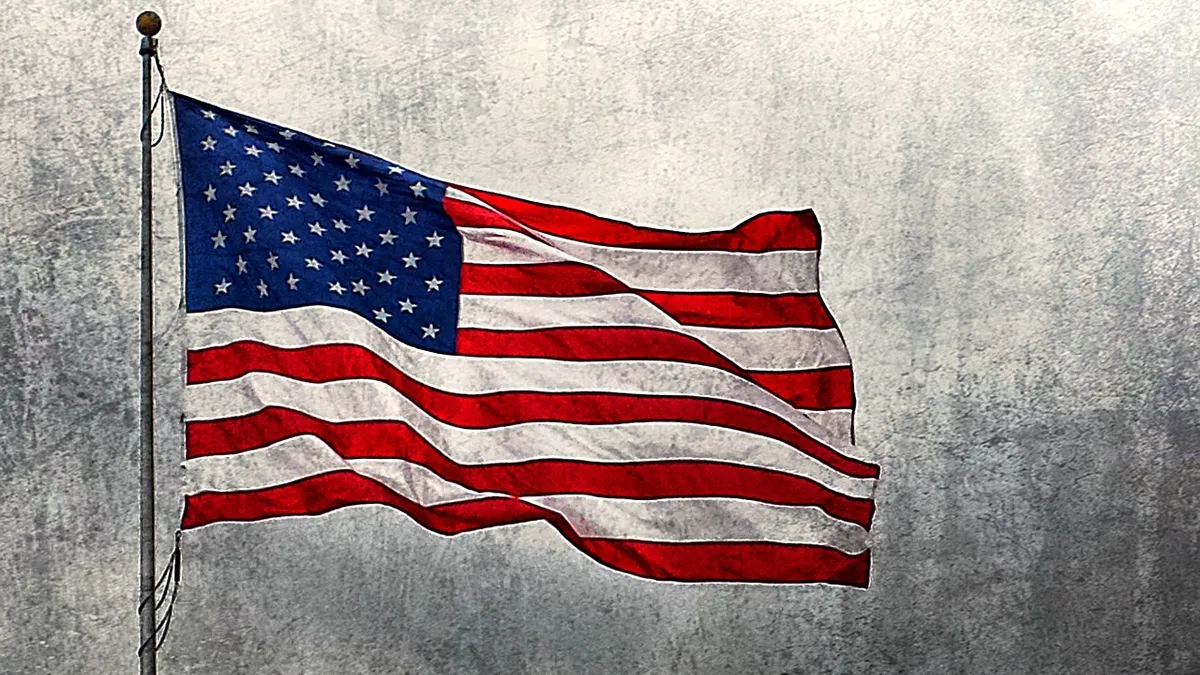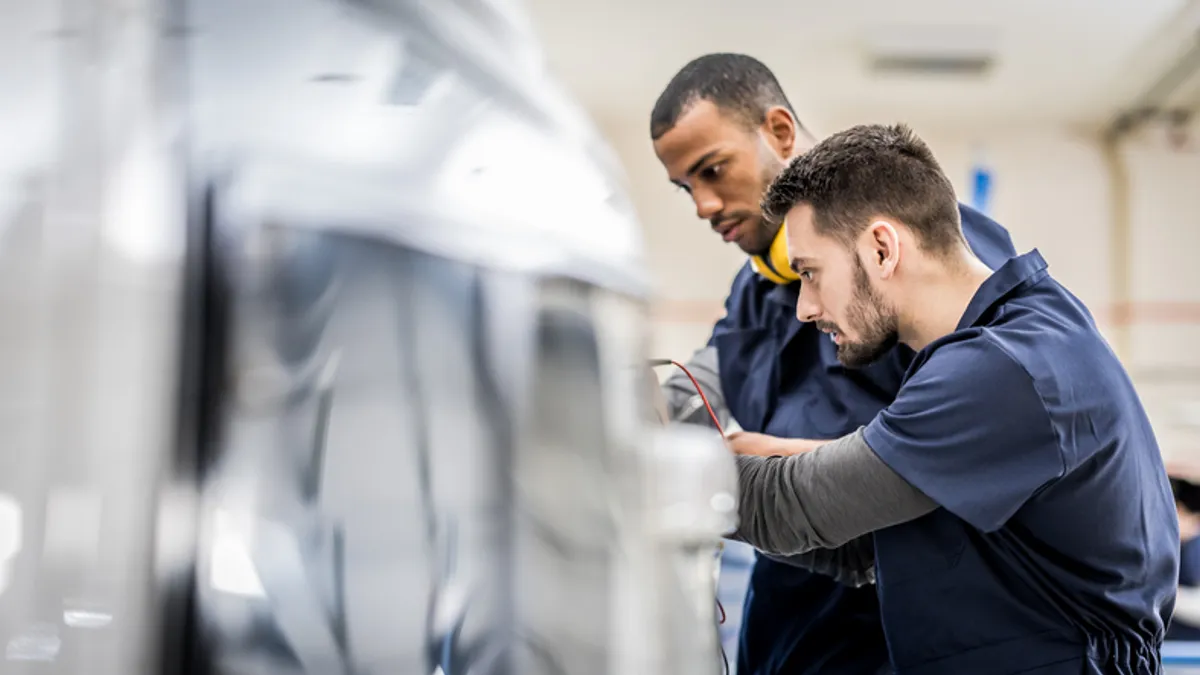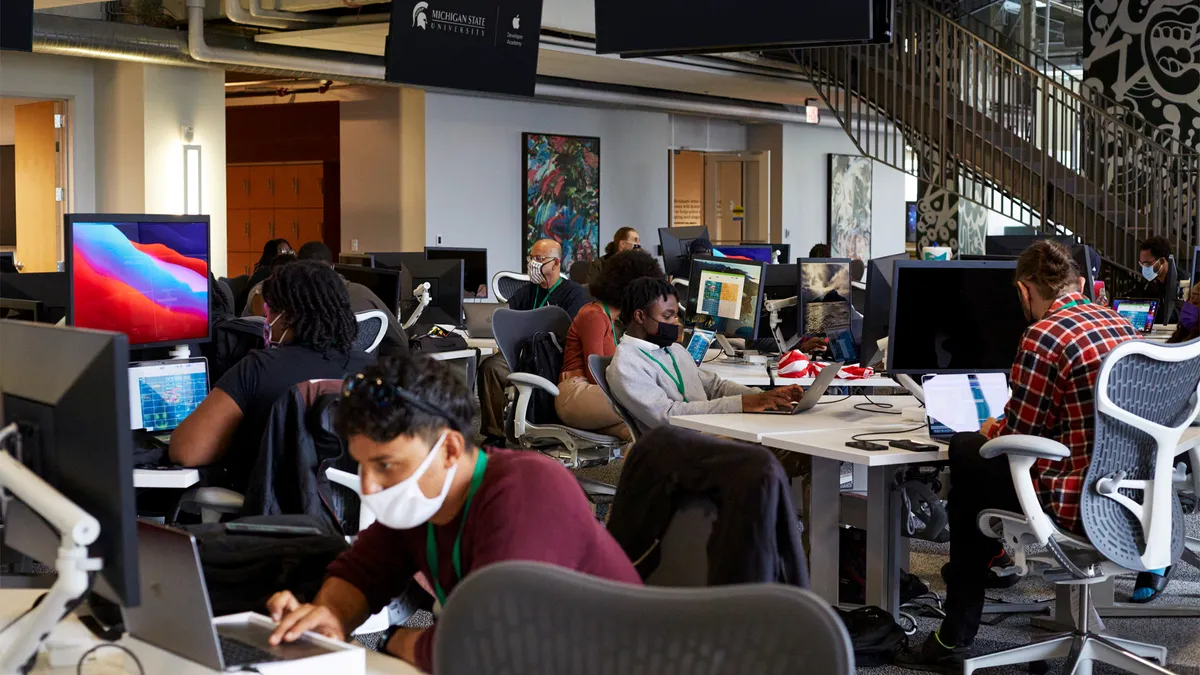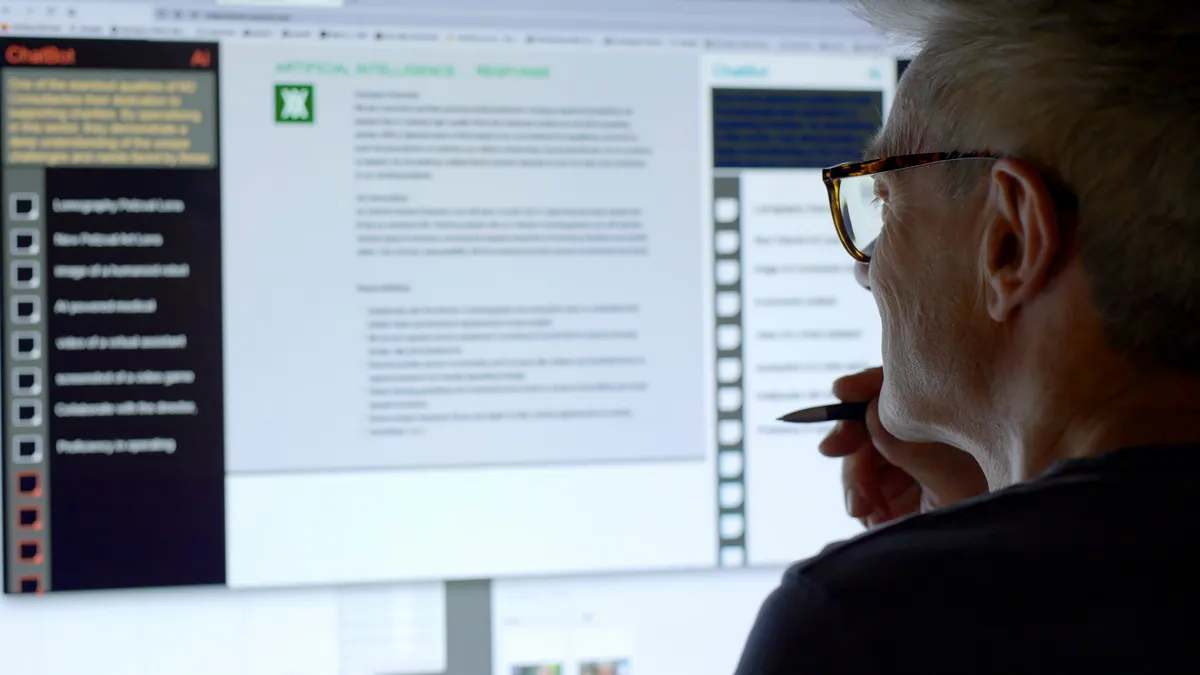As we look forward to celebrating Veterans’ Day, it’s an opportune time to recognize the sacrifices and dedication of our service members and their families. But are employers and human resource professionals doing enough to provide rewarding learning and development experiences when veterans are ready to pursue their dream careers?
Recently, HR Dive spoke to Chris Crace, former US Marine Captain who served in Operation Iraqi Freedom, and the current veterans’ advocacy leader at professional services firm PwC. Crace heads up a program that, by all accounts, has laid the groundwork for corporate veteran career programs to follow.
The Veterans’ Affinity Network (VAN) started around 5 years ago and has already helped some 1,200 members, 60% of whom are military veterans and 40% is made up of spouses and supporters. VAN enables veterans and civilian employees to volunteer and mentor others, whether active or retired military, towards life and career-enriching activities.
Since his appointment to VAN, Crace has led a bootcamp program dedicated to recruiting veterans into cybersecurity careers (a critical area in both the military and civilian worlds) and recently hired 40 in a 15 week period, setting them up for long term success in full-time positions in this field. Crace has also helped to establish a more flexible work culture that provides support for military personnel and their spouses to take time off for training and relocation, transferring to other geographic areas during deployments and base reassignments, and arranging for remote work options.
A successful military to civilian career recruitment and development program
What makes VAN so successful is a two-fold approach. First, returning military personnel are provided with a more insulated onboarding experience than civilian hires. Crace says this is due to "the shift in expectations from military life to civilian careers."
"In the military, individuals know exactly where they are going at each level, but in civilian careers there is so much uncertainty," he said. The VAN program helps military veterans to adjust from understanding their mission on an active battle field to that of the business mission, to know where they are adding value and can use their talents for the greater good.
Secondly, participants in VAN are carefully matched with a mentor early on in the onboarding process, and year-long checklists are administered at routine points with controls in place to ensure new hires succeed. A big part of this is the active communication that takes place between VAN and the human resource leadership to help service members get tapped into the support and training they need to hone their skills on the job and overcome any barriers. Communication can be very different in the business world than in military life, even down to interactions with peers. VAN involvement helps to bridge this gap with ongoing monitoring of each hire.
Success story from a VAN participant and military veteran
LaTesha Ford, basketball recruit for the U.S. Naval Academy, and later a surface warfare officer who served five years of active duty is a success story in the VAN program. She says she was, “originally unsure how her skillset would align with consulting work at PwC, but through the support of the program has excelled in this role”.
"Many veterans prefer on-the-job training, but because military personnel are taught to be adaptable due to being put into unfamiliar environments, they are adept at becoming subject matter experts quickly," Ford says. She points out that employers need to be aware of this, and understand they are getting someone with many leadership capabilities ready to take on more responsibility early on.
Crace adds that this is different than hiring new college grads, who are not as prepared to align their skills with long term career success – the key is to understand service members are ready and can easily be set up for success with a plan to support them through it. Ford also advised that in terms of learning and development programs, veterans often struggle to connect their unique skills and training to civilian careers, because they simply don’t know what these career paths entail.
"They may be on one career track and discover something better, only they don’t know how to define it," Ford says.
Military spouses benefit from veteran programs with career support too
Not only are military personnel in need of career support, but often their spouses and partners find it challenging to solidify career goals and obtain the necessary training to succeed. HR Dive spoke with Erika Sartain, a PwC manager who credits VAN for helping her cope with her husband’s military transfer from Raleigh to New York, and then later from New York to Washington D.C.
During these moves, she says that, “the support and flexibility of working for PwC enabled her to take on job transfers, while working remotely and having a flexible schedule to get the training needed to advance in her CPA role." Sartain was able to move into the federal government, as VAN helped to facilitate the right connections and interviews to help her work more closely with the public sector.
Sartain advises employers to "see things from the military spouse’s standpoint too, that along with veteran recruitment efforts comes the added value of a partner who has learned strong skills such as multi-tasking and managing stressful situations." Communication must be learned by both business leaders and service members, with each side conveying the value offered. Programs like VAN can help, but spouses can also support this goal.
How military candidates experience learning matters
In terms of career training options, Crace advises that the cybersecurity bootcamps at PwC have been very successful, but that "the learning and development team was integral in the development of the program." It takes careful management and a partnership to make these things happen. Hands-on training and e-learning can both be helpful components of any military to civilian career transition, but having a military buddy is invaluable. Surrounding military veterans with learning and career building opportunities based on individualized learning plans can be the best approach.
Other organizations can learn much from the model set forth by the VAN program, because of its structured approach and dedication to supporting the long term career goals of military veterans and their supporters as they integrate back into civilian life.
One last thing to consider: military veterans do not wish to be treated as different but rather as a rich source of diverse and minority talent that all companies can benefit from. Putting a program in place to address the unique needs of military personnel and their families gives back to the brave men and women who have given their all.




















